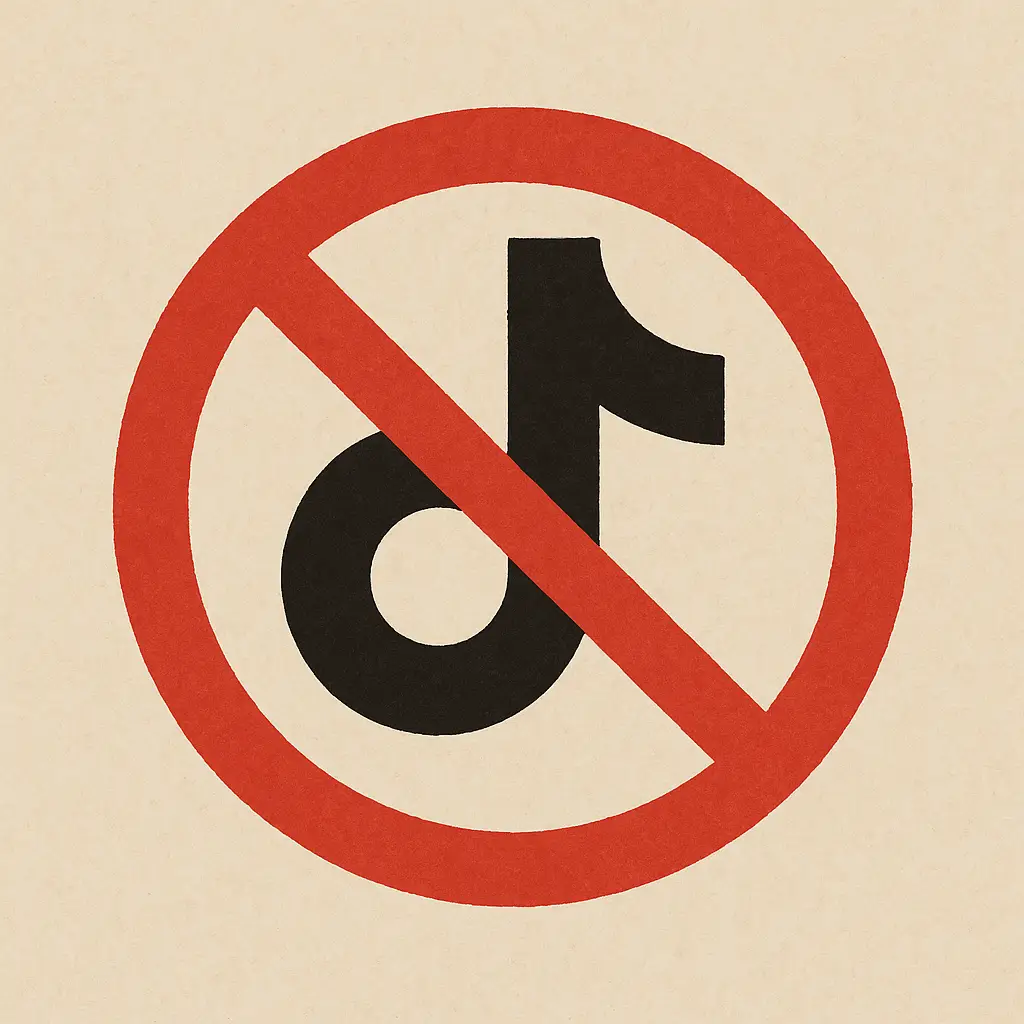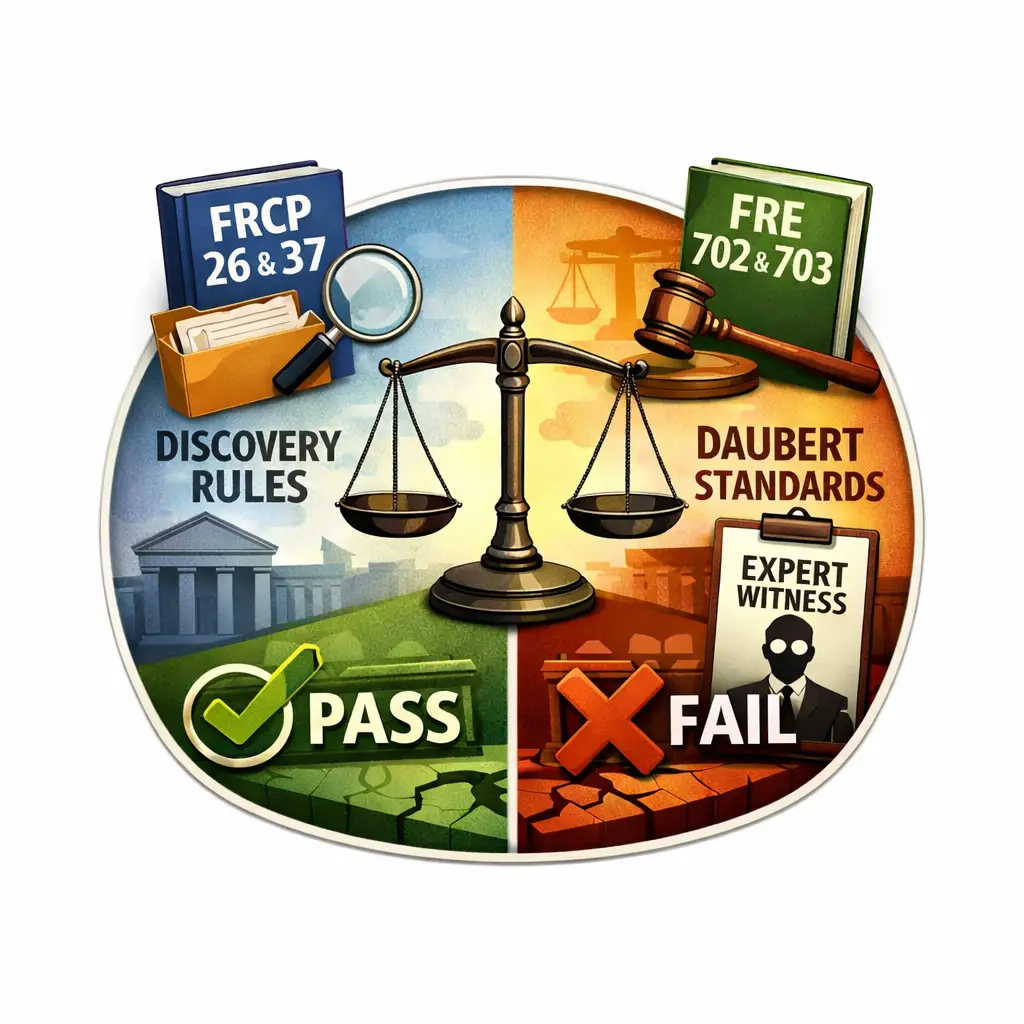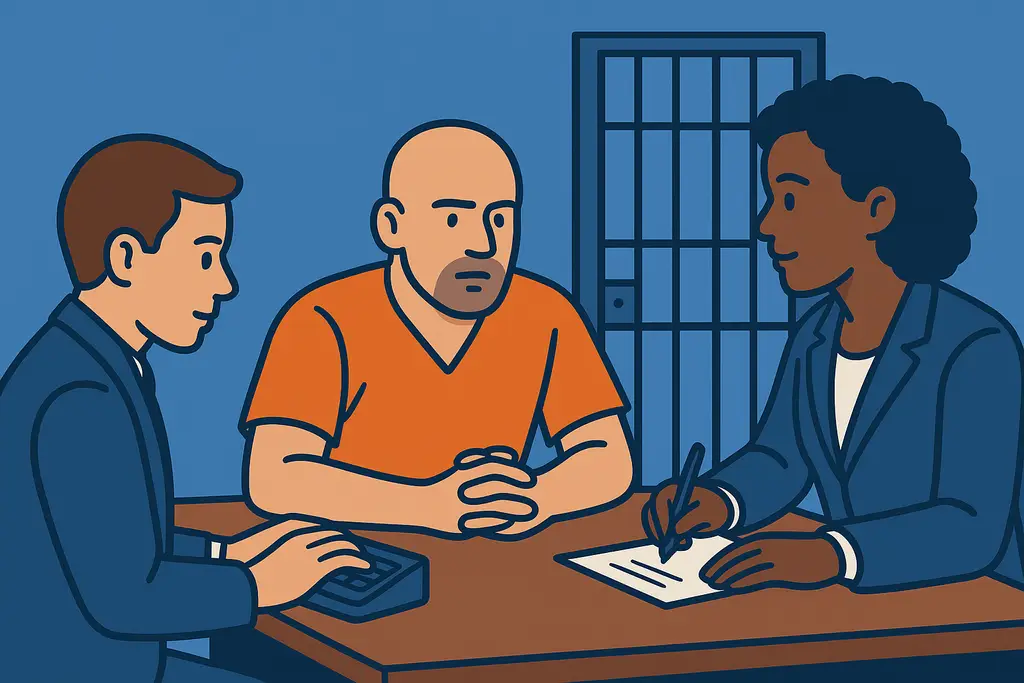As of today, the much-debated TikTok ban is in full legal effect. The 90-day extension period Congress carved out has expired, and unless Congress changes the statute, TikTok is banned from operating in the United States. But instead of enforcing the law, President Trump has directed the Department of Justice not to move forward with enforcement. That raises a stark constitutional question: can the President simply nullify legislation by declining to carry it out?
On Friday, Erwin Chemerinsky (Dean of Berkeley Law) and Miguel A. Estrada (an experienced litigant before the Supreme Court) discussed notable United States Supreme Court decisions from the last term at the FBA Bench & Bar conference in Miami Beach, including the Supreme Court’s January 2025 opinion concerning the TikTok ban, which I wrote about in January (“TikTok – Ban Or Not To Ban, That Is The Question“). In that discussion, the panelists alluded to the fact that the TikTok ban was the product of bipartisan legislation, supported by President Trump during his first term, and signed into law by President Biden. The law allowed the President discretion to delay the ban for 90 days if ByteDance made substantial progress towards consummating a sale of its U.S. operations. President Trump extended the ban, arguably without any demonstrable progress in ByteDance divesting its U.S. operations.
The panelists observed that in their unanimous opinion, the Supreme Court accepted the government’s arguments that TikTok posed a threat to national security without testing how China’s prospective access to user data arising from short dance routines, silly videos, and side hustles presented a danger, suggesting that “national security” is is a magic word that often results in the Supreme Court forgoing a vigorous analysis of the applicable balancing test.
While that may be an interesting subject for another discussion, I focus today on what happened when the 90-day extension lapsed, where I think the ban stands now as a matter of law, and why I think the President has exceeded his authority by directing the Department of Justice (DOJ) not to enforce it.
None of the foregoing should be interpreted as my endorsement of TikTok as a platform. To the contrary, I have the same concerns as other parents about the application and its impact on our children. However, my personal feelings about the harm TikTok poses to our children do not inform my analysis of the legislation and application of executive power.
The Constitutional Problem
The U.S. Constitution vests legislative power in Congress. When Congress passes a statute and the President signs it into law—or allows it to become law without signature—the Executive Branch is obligated under the Take Care Clause to “faithfully execute” it. That clause means what it says: execution, not selective cancellation.
But here, the President is attempting to turn an act of Congress into a nullity by refusing to enforce it. By directing the DOJ not to pursue the TikTok ban, he is effectively supplying himself a veto that comes after the legislative process. That’s not how the separation of powers works.
Other Times Presidents Have Overstepped
This is not the first time in recent administrations that presidents of either party have run afoul of constitutional limits by refusing to enforce Congress’s commands:
- Obama and Immigration (Deferred Action for Childhood Arrivals, 2012): Congress had repeatedly declined to pass DREAM Act protections, yet President Obama directed DHS to grant deferred action and work authorization to certain undocumented immigrants. Supporters hyped it as prosecutorial discretion, while critics called it a refusal to enforce immigration law.
- Bush and Signing Statements (2000s): President George W. Bush issued hundreds of signing statements indicating he would not enforce provisions of laws he found unconstitutional, ranging from restrictions on torture to congressional oversight requirements. Congress had enacted binding statutory limits, but Bush asserted executive authority to disregard them.
- Trump and Ukraine Aid (2019): The impeachment saga stemmed in part from President Trump’s decision to withhold congressionally appropriated military aid to Ukraine, effectively substituting his own priorities for those Congress had legislated.
In each instance, the President assumed not just the power to execute the law, but the power to unilaterally erase or suspend it. Courts and scholars have consistently warned that this threatens the balance of powers.
What Makes TikTok Different
What makes this moment especially sharp is that Congress spoke clearly. A 90-day wind-down was written into the statute. That clock has expired. There is no ambiguity left. The law is active, present-tense, and binding. By directing the DOJ to stand down, President Trump has exceeded his constitutional role and unilaterally attempted to re-legislate.
The political debate over TikTok—whether it’s a national security threat, a censorship overreach, or both—is legitimate. But that debate belongs to Congress, not the White House acting alone.
Why It Matters
If presidents can pick and choose which statutes survive enforcement, then the legislative process becomes optional. Today it is TikTok. Tomorrow it could be tax laws, voting rights protections, or environmental safeguards. The precedent is far more dangerous than the platform at issue.
Congress passed the law. The courts stand ready to review it if challenged. But the President’s duty is simple: enforce it. Anything else is an alarming step toward executive nullification of laws—a power the Framers never placed in Article II.
Discover more from A Lawyer In Florida
Subscribe to get the latest posts sent to your email.





